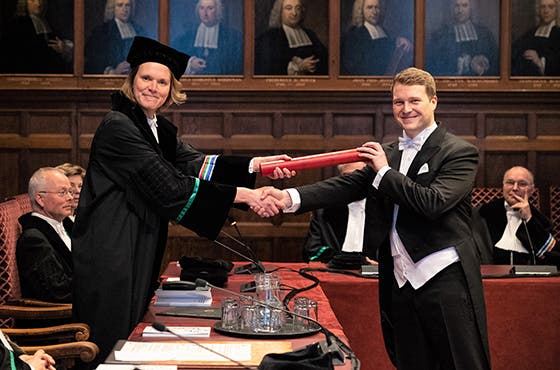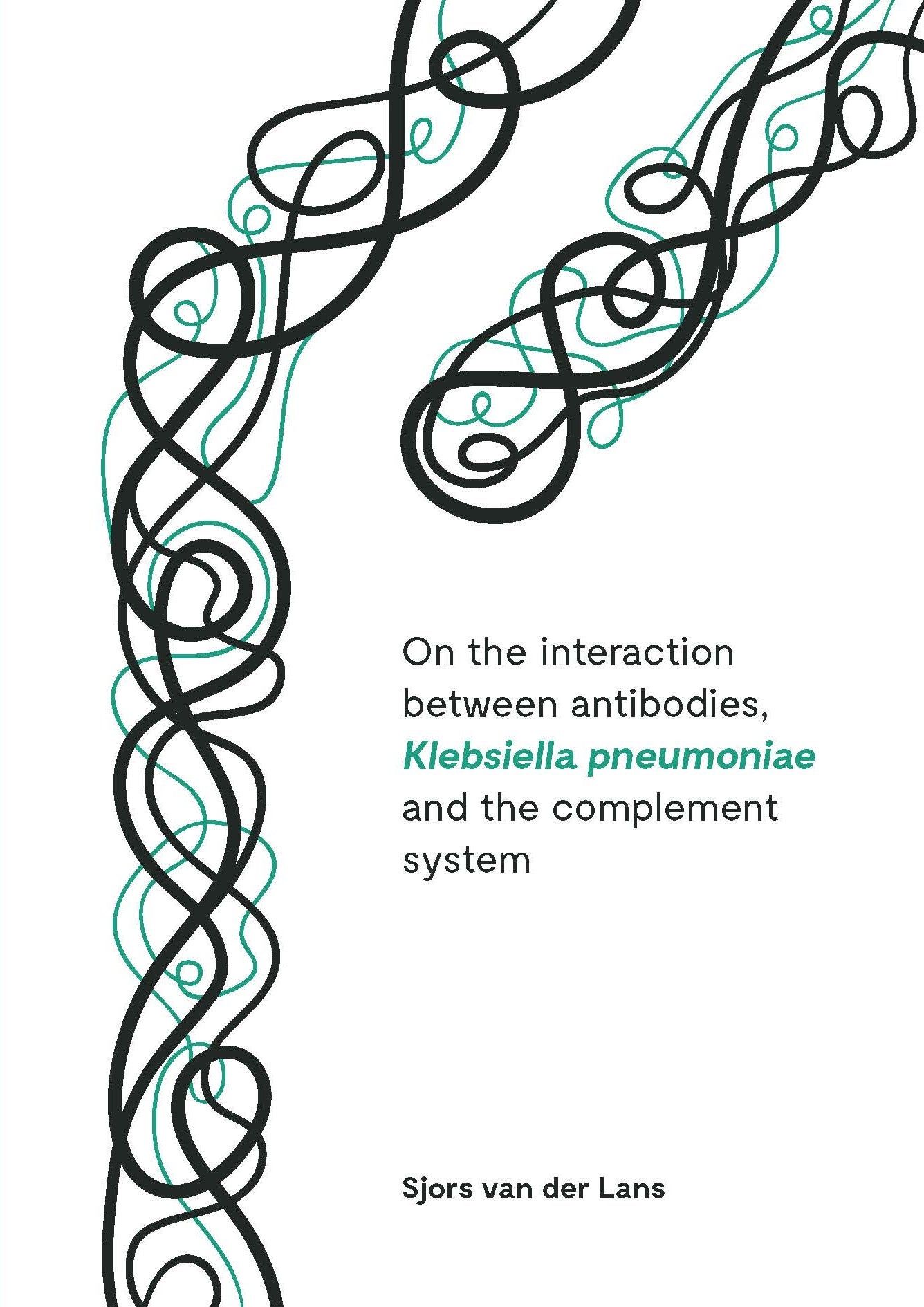Feb 20: Unraveling the interaction between Klebsiella pneumoniae, antibodies and the complement system

PhD research conducted by Sjors van der Lans from UMC Utrecht delved into the complex interplay between antibodies, Klebsiella pneumoniae, and the complement system, shedding light on crucial aspects of immune response to bacterial infections. Antimicrobial resistance poses a significant challenge to infection treatment, necessitating innovative therapeutic approaches. Understanding the interactions between bacteria, antibodies, and the immune system is essential for developing effective treatments, particularly against antibiotic-resistant bacteria like K. pneumoniae.
The human body is in constant contact with bacteria and relies on the immune system to ward off infections. Weakened immune defenses make individuals susceptible to infections. Antibiotics can be used to treat infections but development of antimicrobial resistance (AMR) by bacteria makes treatment of infections increasingly difficult. Combatting infections with antibiotic resistant bacteria requires innovative therapies. The use of antibodies to activate the immune system is emerging as a promising strategy but requires a thorough understanding of the interactions between bacteria, antibodies and the immune system. In this work, PhD candidate Sjors van der Lans (Department of Medical Microbiology, UMC Utrecht) and colleagues aimed to understand the complex interactions between antibodies, the Gram-negative opportunistic bacterium K. pneumoniae (one of the most problematic antibiotic resistant bacteria), and the human complement system (a network of proteins in the blood that plays a crucial role in the immune response).
One of his studies investigated the impact of AMR on K. pneumoniae's sensitivity to the immune system's membrane attack complex (MAC). Surprisingly, some colistin-resistant strains became more sensitive to MAC, highlighting the intricate relationship between antibiotic resistance and immune recognition. Furthermore, the role of IgM antibodies in complement activation on K. pneumoniae strains was underscored, revealing how colistin resistance can influence immune recognition.
Van der Lans and collegues also developed a method to identify novel human monoclonal antibodies against K. pneumoniae, essential for studying complement activation in detail. By isolating memory B cells binding to fluorescently labeled bacteria, they identified 29 unique antibodies, with varying abilities to activate the complement system. Crucially, the antigen specificity of antibodies influenced their complement activation potential, emphasizing the importance of antigen-antibody interactions in immune response.
Infections caused by K. pneumoniae, particularly in immunocompromised kidney transplant patients, were also studied. Despite producing specific antibodies against the bacteria, these patients continued to suffer from infections, highlighting the complexity of immune responses in clinical settings.
Overall, van der Lans's research elucidates the intricate dynamics between antibodies, K. pneumoniae, and the complement system. It emphasizes the significance of antigen-specific antibody responses in complement activation and suggests that combining different antibodies could enhance immune responses against bacterial infections. This work contributes to our understanding of antibody-mediated complement activation in K. pneumoniae and holds potential implications for the development of antibody-based treatments against bacterial infections, particularly those caused by antibiotic-resistant strains.
PhD defense

Sjors van der Lans (1995, Eindhoven) defended his PhD thesis on February 13, 2024 at Utrecht University. The title of his thesis was “On the interactions between antibodies, Klebsiella pneumoniae and the complement system - Recognition is key”. Supervisors were prof. Suzan Rooijakkers PhD (Department of Medical Microbiology, UMC Utrecht) and prof. Albert Heck PhD (Biomolecular Mass Spectrometry and Proteomics, Bijvoet Center for Biomolecular Research, and Utrecht Institute of Pharmaceutical Sciences, Utrecht University). Co-supervisor was dr. Bart Bardoel PhD (Department of Medical Microbiology, UMC Utrecht). This work was supported by the Netherlands Organization for Scientific Research (NWO) through a TTW-NACTAR Grant, in collaboration with Genmab and Hycult Biotechnology.
